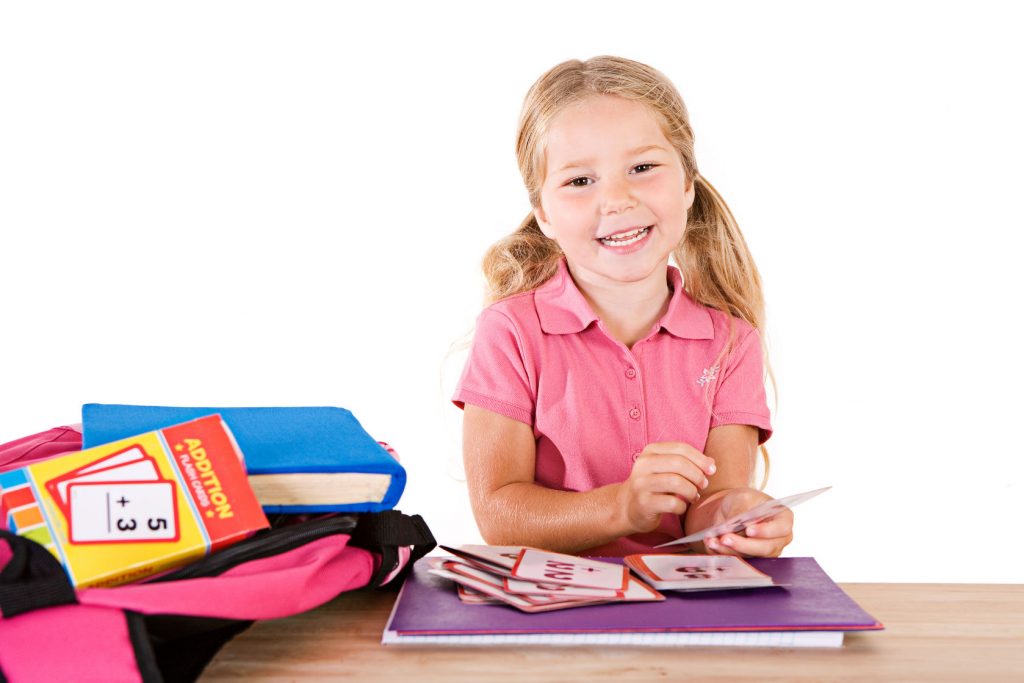Everyone retains information differently—there’s certainly no question about that. But there is one learning technique that has repeatedly proven effective for most types of people, and that is the use of flash cards. So the question must be asked: why?
As human beings—regardless of age, gender or race—we have a natural need for learning. And because of that need, we are challenged to find the best and most effective ways to do it. There are visual learners who learn best by observation, auditory learners who prefer listening and taking notes, kinesthetic learners who learn best through experience and physical activity, and so on and so forth.
But almost every type of learning style works well with custom flash cards. Here’s why:
THEY ENGAGE IN ACTIVE RECALL.
Unlike some learning techniques (like picking from a multiple-choice quiz, re-reading a passage or highlighting text), using flash cards lets users recall the information from scratch.
THEY UNLOCK OUR METACOGNITIVE FACULTIES.
Flash cards allow users to self-reflect and assess their progress. This is known as metacognition. They prompt users to ask questions like: Was my answer close to the correct answer? If not, how far off was it? If so, how accurate was it? How many questions have I answered correctly today?
The more answers that are correct, the more inclined the users are to continue learning.
THEY PROMOTE CONFIDENCE-BASED REPETITION.
Due to the fact that flash cards are independent from books or other documents, users can categorize cards into piles that need to be studied more. This confidence-based repetition has been proven to be the leading method of improving memory performance.
THEY ALLOW FOR SUCCESSFUL LONG-TERM RETENTION.
According to a publication by Nate Kornell from the Department of Psychology at UCLA, “Maximizing long-term learning requires creating challenges for learners that engage the type of active information processing that creates lasting memories (Bjork, 1994, 1999).” With flash cards, users are challenged to recall information purely from memory (best for long-term retention), rather than select an answer from a multiple-choice question (best for short-term retention).
Over the last decade, board games have surged in popularity. With a growth rate of up to 40% year over year, this “Golden Age for Board Games” (as deemed by The Guardian) has brought many new games into fruition, and is now one of Kickstarter’s top-funded project categories.
Interested in creating your own custom flash cards? Click below to get more info!
● Official Shuffled Ink website: ShuffledInk
● Make Your Own Custom Flash Cards at: ShuffledInk

